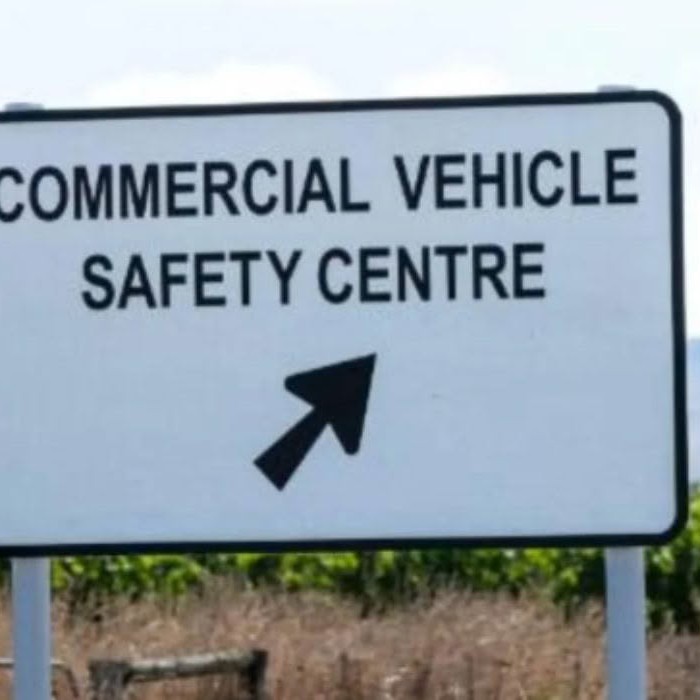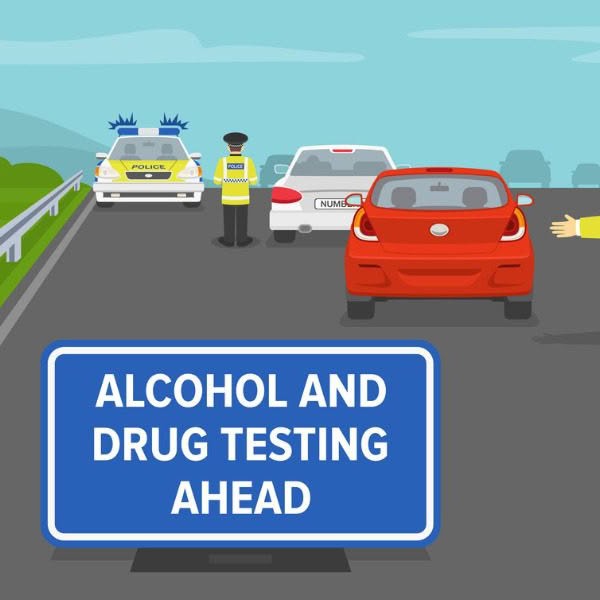
RTF has received a few queries from both operators and drivers regarding rest break and meal break entitlements set out in the Employment Relations Act (ERA). From these conversations it appears some employers may not be consistently meeting the obligations to provide rest and meal breaks in accordance with the requirements of the Act.
We have heard drivers are pushing back on the lack of opportunity to take their prescribed rest breaks. We have also heard of the odd allegation where operators suggest their customers appear to be taking a hard-line approach and insisting, “they won’t be paying for drivers to take rest breaks”. However, we are unable to substantiate this is actually occurring.
For the record we clarified the rest break and meal break provisions in our April 2019 advisory.
In defence of what is apparently happening it is possible the Covid-19 restrictions over the last 12 months may have had an impact on the message getting through to employers.
Just to reiterate we have included the original advice from Employment NZ’s own website.
“Changes to rest break and meal break provisions in effect from 6 May 2019
— The right to set rest and meal breaks is restored, the number and duration of which depends on the hours worked. For example, an eight-hour work day must include two 10-minute rest breaks and one 30-minute meal break, while a four-hour work day must include one 10-minute rest break.
Rest breaks benefit workplaces by helping employees work safely and productively. Employers must pay for minimum rest breaks but don’t have to pay for minimum meal breaks.
Employers and employees will agree when to take the breaks. If they cannot agree, the law will require the breaks to be in the middle of the work period, so long as it’s reasonable and practicable to do so.
Some limited exemptions may apply for employers in specified essential services or national security services.”
To make things abundantly clear we have sourced the core legislation and set out the specified rest and meal break requirements through the link below. The legislation also provides for limited opportunity for agreement between the employer and employee when to take breaks. In general, the specified breaks can fit within the normal road transport employment scheduled workday.
https://www.legislation.govt.nz/act/public/2000/0024/latest/DLM1940671.html
Waka Kotahi’s website also has commentary on the changes and their impact on commercial vehicle drivers. Included is a menu of common Q and As The link to this page is:
A short extract from this page follows;
“The Employment Relations Amendment Act 2018 (the Act) introduced several employment law changes that aim to improve fairness in the workplace and deliver decent work conditions and fair wages.
As part of this Act, on 6 May 2019 changes came into effect that relate to the commercial transport sector. Below is some information for drivers and employers about what these changes mean.
Greater detail about the Act is available on the Employment New Zealand website. If you have any questions about the Employment Relations Amendment Act, call Employment New Zealand on 0800 20 90 20.”

